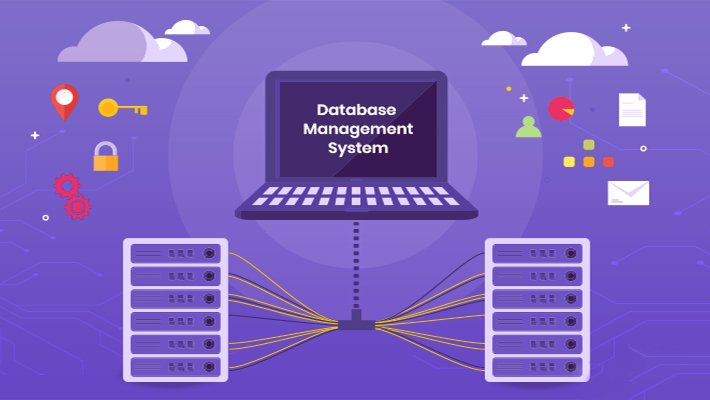Database is a collection of data that is usually stored through electronic platform. It is typically designed to create easy way to store and access information.

Hence, a database is often conceived of as a source of information needed for running certain functions in a organization. Such that, database would permit not only to retrieve data but also, to continuously modifying the data needed to control operations. Obtaining answers to queries or information for planning purposes may be possible to search through the use of database.

Database Management System (DBMS) is a software package designed to generate, keep, and organize databases. The DBMS software provides a systematic method of creating, updating, retrieving and storing information through database to enable users to share data. DBMS are accountable for data integrity, data access control, automated rollback, restart and recovery.
TYPES OF DATABASE DATABASES
1. Centralized Database. It is the type of database that stores data at a centralized database system.
2. Distributed Database. Data are distributed among different database systems of an organization via communication links.
3. Relational Database. This database is based on the relational data model, which stores data in the form of rows and columns, and together forms a table(relation).
4. NoSQL Database. It is used for storing a wide range of data sets.
5. Cloud Database. A type of database where data is stored in a virtual environment and executes over the cloud computing platform.
6. Object-Oriented Databases. The type of database that uses the object-based data model approach for storing data in the database system.
7. Hierarchical Databases. It is the type of database that stores data in the form of parent-children relationship nodes.
8. Network Database. It is the database that typically follows the network data model.
9. Personal Database. Collecting and storing data on the user's system and basically designed for a single user.
10. Operational Database. It creates and notifies the database in real-time.
11. Enterprise Database. This database is used for managing a massive amount of data in large organizations or enterprises.
The Importance of Database System
- It keeps and organize data at a large amount on a daily basis.
- It is accurate as it sorts different data information.
- It easily updates data.
- It has several methods to ensure security of data.
- It assures data to be accurate and consistent in a database.
- It is very easy to access and research data in a database.

A good database is crucial to any organization. This is because the database stores all the relevant information about the organization such as personal records, transactional records, salary details etc. A database should be a storage of data needed for an organization's data processing in which data should be accurate, private, and protected from damage. It should be precise so that various applications with different data requirements can utilize the data. Different application programmers and various end-users have different views of data, that is why, it is a must that the overall data structure has a common. If not, their methods of searching and accessing of data will be different.